The lines (excluding the license) are all around 30k characters in length. It could be to avoid bugs where some Javascript parsers die on extremely long lines. This probably won't happen on today's browsers but maybe some older or more obscure ones have such limits.
(Old answer below, which might also be applicable, just not in this case)
This might be because JSMin, a popular Javascript minifier will retain line feeds in the output under certain conditions. This is because in Javascript line feeds are significant if you leave out semicolons, for example. The documentation says:
It is more conservative in omitting linefeeds, because linefeeds are sometimes treated as semicolons. A linefeed is not omitted if it precedes a non-ASCII character or an ASCII letter or digit or one of these characters:
\ $ _ { [ ( + -
and if it follows a non-ASCII character or an ASCII letter or digit or one of these characters:
\ $ _ } ] ) + - " '
Other minifiers might have similar rules.
So this is mostly a precaution against accidentally removing a line feed that may be necessary, syntax-wise. The last thing you want is that your minified JS won't work anymore because the minifier destroyed its semantics.
Regarding »I know three newlines (not counting the license) is not going to slow it down a lot, but still, doesn't every tiny bit help?«: When your server uses gzip compression the difference will likely be moot anyway.
